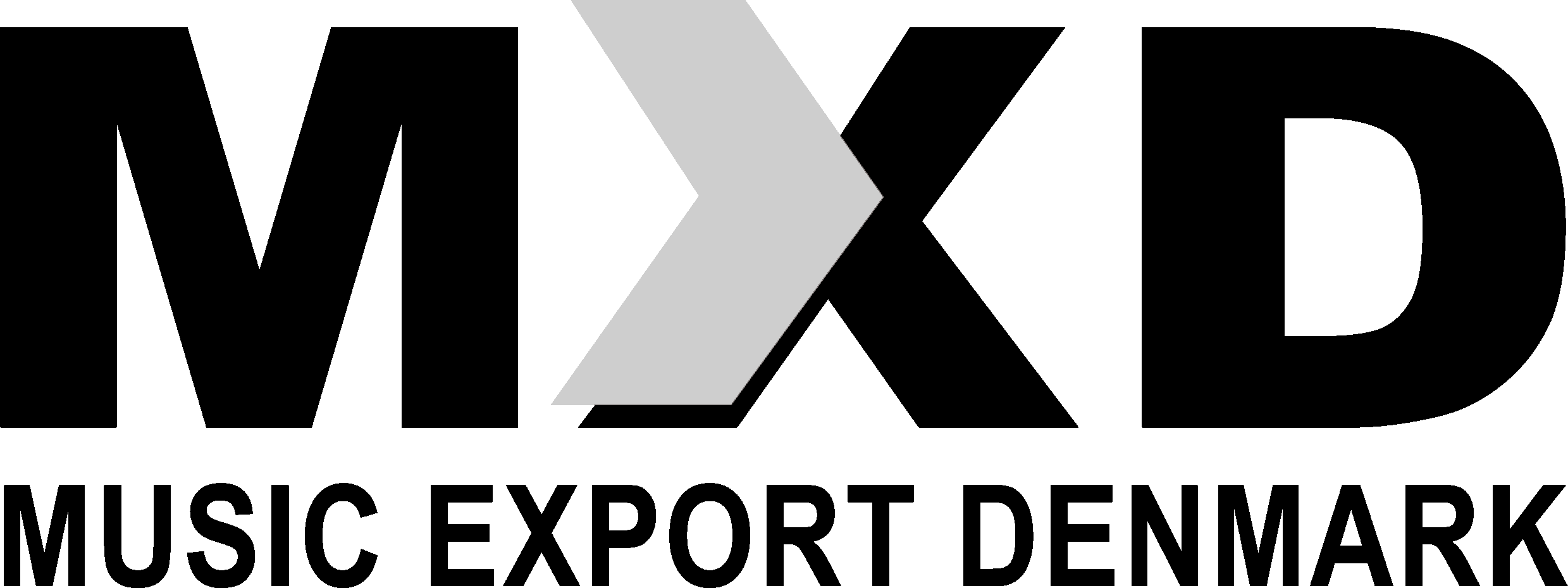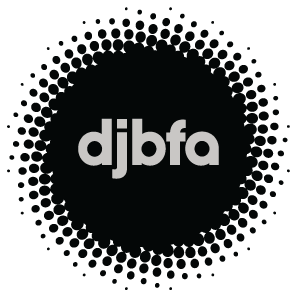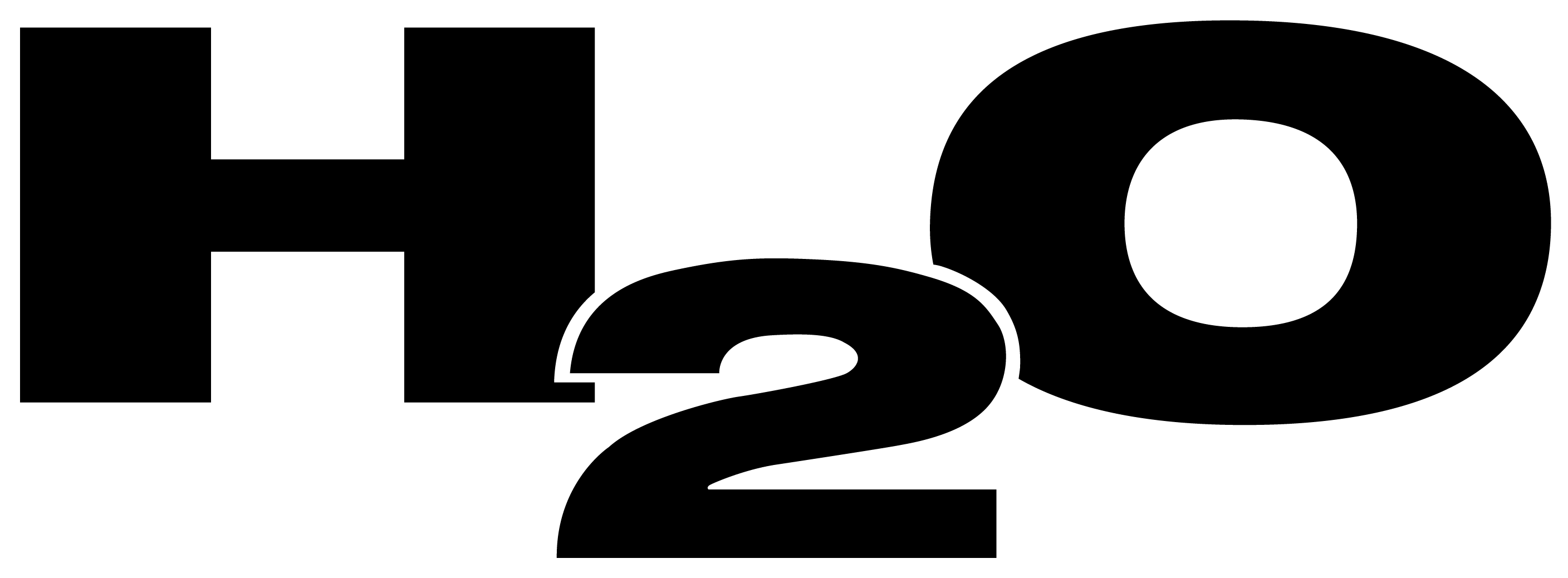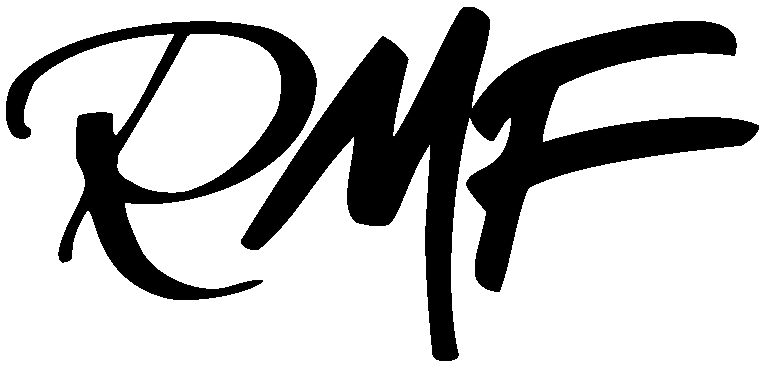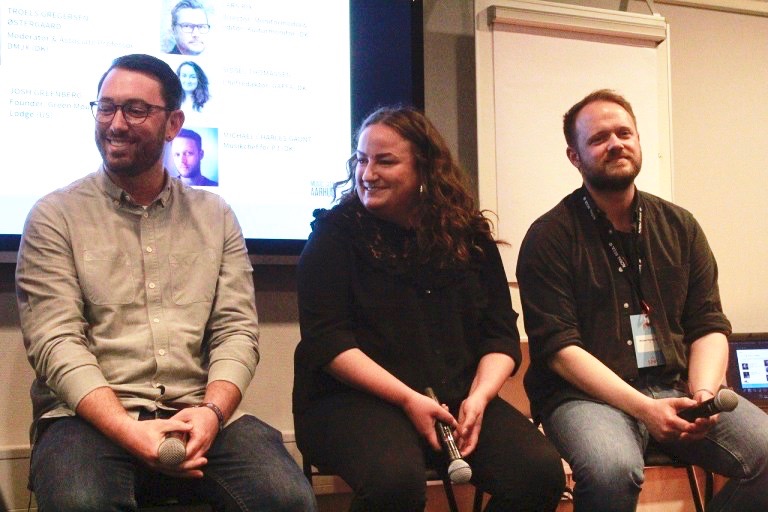
(Photo: Guests of the discussion panel – Josh Greenberg, Sidsel Thomassen and Michael Charles Gaunt)
Let’s Talk Music and Media: Is there a need for music reviews in the digital age?
By Guki Giunashvili, photos by Guki Giunashvili, Jutland Station
As I quickly cross the zebra on my way to the SPOT festival, I got one eye on my smartphone, flipping through the Spotify daily mix playlists. Number 4 really appeals to me, as I see a couple of artists, that I quite like and the mood is right too. “This will work” – I say to myself, hit the play and take a quicker pace.
It didn’t take me more than 2 minutes to make up my mind on what to listen. My app algorithm knows me well. It will suggest and direct my attention to certain music. But how have the music consumption habits changed over the years? Do we look for a professional opinion anymore? Is there a need for music reviews in the digital era?
These were some of the many topics that the panel speakers and guests at SPOT+ discussed in a cosy conference room on a gloomy afternoon of May 3rd.
Confused role of Music journalism
Streaming services like Youtube Music or Spotify are taking the role as guides and information sources and as a result of this rapid process, music journalism is slowly changing its form. Meanwhile, there are plenty of unpaid bloggers, who write about it with a great commitment.
Associate professor at Danish School of Media and Journalism (DJMX), Troels Gregersen Østergaard, currently researches the music journalism. He says that in Denmark the focal point for the music reviews is still on music albums. Very little, 2% of those reviews address the playlists. But this is also an age, where people don’t buy albums anymore. We stream songs online.
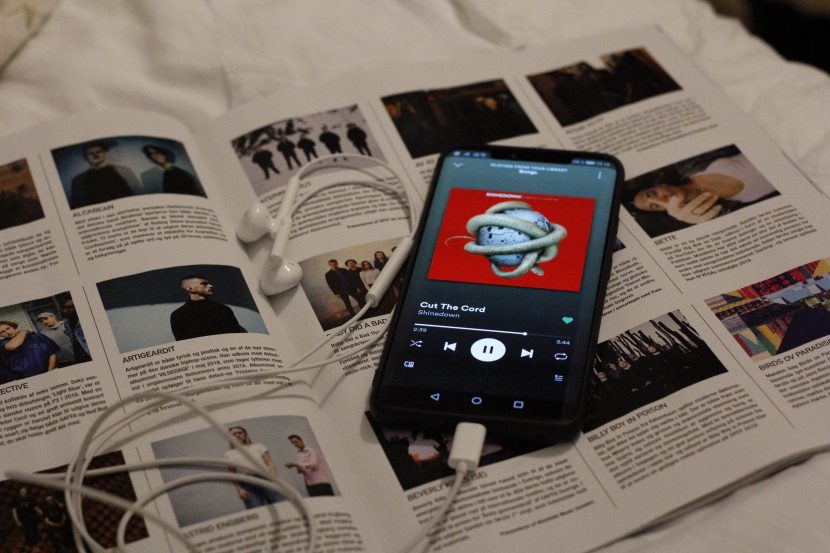
Editor in chief of a Danish music magazine Gaffa, Sidsel Thomassen (photo, middle), says, that they have adapted to the consumer needs and apart from the album reviews, now they publish their own “best of…” playlists and reviews of the songs. Thomassen thinks that nowadays people need the guidance even more: “We have a massive pool of music – more music gets released every day, and I believe that music journalism has the power to guide people in this jungle. We have to curate for people, so they can make their own decision on what to listen to.” says Sidsel Thomassen.
Former music reviewer and current music editor at P3 Radio, Michael Charles Gaunt (photo, right), agrees with this view, and emphasizes that modern music journalism should be focused on providing the context to the current music and showing the ways to access the deeper understanding of it.
“Today it’s quicker for me to access the Spotify and listen to the album than it is to find the review of that said album. So, actually, music review is in a competition to what it is writing about. Which is kind of a weird paradox, but it’s different from what we have historically seen. Before you used to read the review and get the idea how that music sounded,” says Gaunt.
He also highlights that with the digitalization of media, music reviews are in competition with any other section or the column, while in old newspapers, which came to our doorsteps, it always had a place and a specific page.
While Gaffa still sees a good engagement from its readers and fills up space as a niche magazine, others become more dependent on views and clicks through social media.
On the other hand, Josh Greenberg, founder of the music consulting firm and former member of Spotify and Red Bull music teams, talks about the importance of the modern music journalism to educate its audience about the past and not only present. Music media has been forced to change in response to the ways now consumers unlock music. “Now you don’t have to walk around the record store and make a big choice on what you buy. We don’t even read in advance to make that choice.
But to review music, you don’t have to talk about the new music today. Everything that has ever been released is accessible and can be discovered for the audience no matter what age or demographics they represent. If you are an older generation and like music from 1970’s, you might want to know about the band which makes the references to 1970’s. But if you are 17-year-old kid, who is just getting into grunge, your entry point is also bands who make referential music today. So that somebody needs to help you unlock how you discover the past. “
How bright is the future?
All panel guests agree that music journalism has the power to predict the future of music, but in the current clash of human ear vs. algorithms, it has to reinvent itself and follow the content that is already put out there and guess what people might listen to.
However, artists and music labels still request reviews. There is a dependence that exists between the music editors, music producers and labels who connect through those reviews. Musicians build their authorities through good reviews. It hasn’t lost relevance for them as much, as it has for the reader.
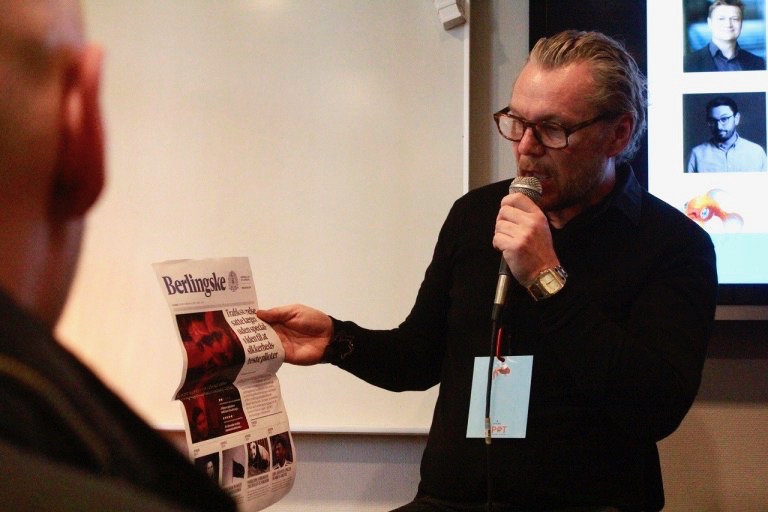
Therefore, music journalism is going through an identity crisis now. Co-owner of the Monitormedia, Lars Rix (photo), believes that despite this, it has the future, but not in writing the reviews. Instead, modern media is taking influential people from outside into making reviews of music, movies and etc, because people might care for their opinions more. “And this is the way it’s going to be for the media in Denmark. Instead of knowledge and insight, you choose people who are influencing, says Lars Rix.
The future is uncertain, yet one thing is clear: music journalism will have to find a new form of delivery. As Michael Charles Gaunt suggested, in the future the best music review can be something that is 120 character on Twitter or GIF animation: “Because they might say more than a thousand words and I think we see that well now. Maybe we have to think of music journalism, as completely something else.”





